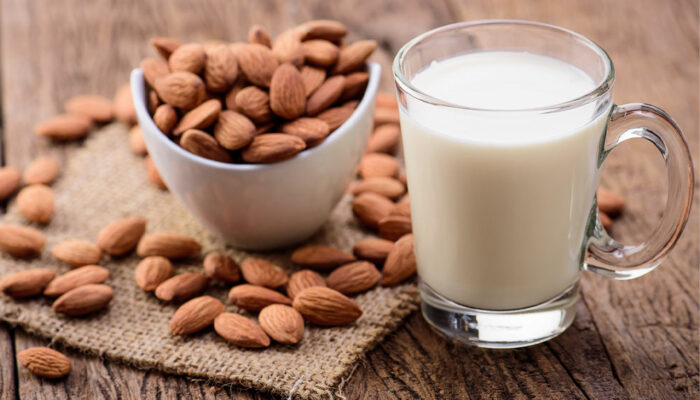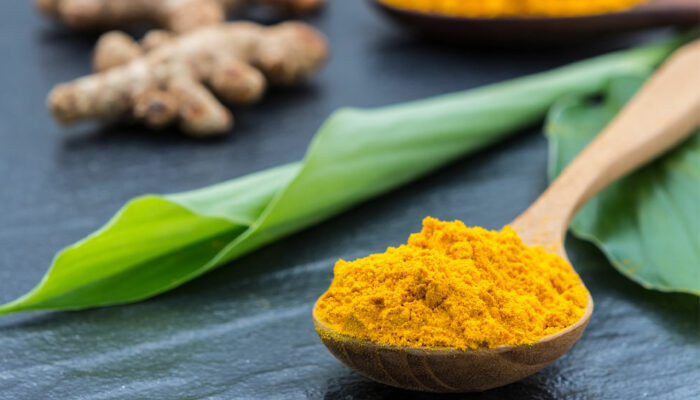
Top foods that help manage eosinophilic esophagitis
Eosinophilic esophagitis (EoE) is a chronic esophageal inflammatory condition characterized by an excess of white blood cells known as eosinophils. It makes swallowing difficult and causes food to get trapped in the esophagus, the tube that transports food from the mouth to the stomach. Food and environmental allergens that are eaten or inhaled contribute to EoE. Long-term treatment options include modifying eating habits and avoiding trigger foods. Here are some of the best food options for EoE: Dairy alternative products Milk protein can cause an immune response, causing the body to produce an excess of eosinophils, a type of white blood cell. Milk alternatives such as coconut, hemp, oat, almond, or rice milk can be used in place of dairy. Dairy-free yogurts such as Coconut Dream and Good KARMA can be used in smoothies. Dairy-free ice cream options include Coconut Bliss and Ben & Jerry’s non-dairy. To limit your intake of sugar, make sure to select “original” or “unflavored” products. Wheat substitutes EoE symptoms are caused by a reaction to a protein found in wheat and wheat products. Wheat can be found in various foods, such as bread, cereal, and baked goods. Wheat replacements include gluten-free foods such as barley, beans/legumes, corn, oats (gluten-free), quinoa, rice, and tapioca.
Read More 















